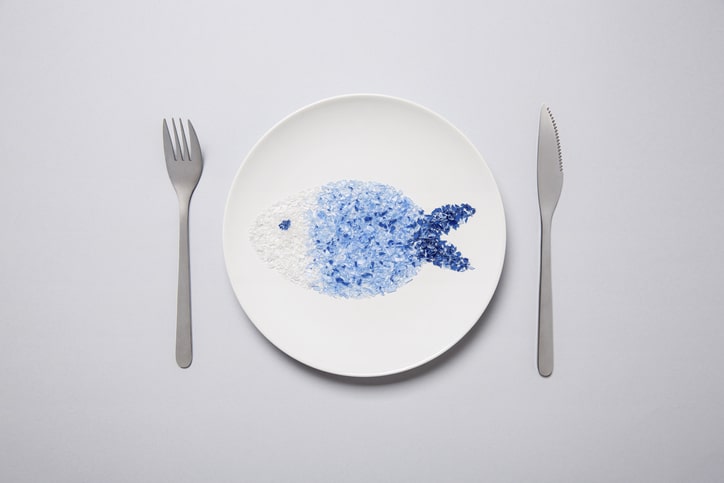Whilst the collapse of the plastic bag recycling facilities at major supermarkets has recently caught our attention, a more insidious environmental and health crisis is developing away from the headlines.
Plastics that enter the environment in the form of bags, bottles, car tyres, beauty products, synthetic fibres and so on are eventually broken down into tiny fragments called microplastics. Our oceans alone are estimated to carry 170 trillion plastic particles, however, microplastics are found everywhere, from the depths of our oceans to the summit of Mt Everest. It’s hardly surprising, yet no less alarming, that plastics are found in our food, water and even in the air we breathe. The prevalence of these tiny plastic particles in our environment has grown to the extent that it’s estimated that we ingest a credit card worth of plastic each week.
This ingested plastic has been found in our blood and in the placentas of pregnant women. And yet, there are no human studies on how these plastic particles interact with healthy organ and cellular function; the reason being, there is no ethical way of asking someone to knowingly ingest plastic for the purpose of measuring what changes are triggered. However, there are animal studies which are cause for alarm.
Studies in rats have shown plastics pass rapidly from the placenta into the hearts, brains, and other organs of foetuses. Other animal studies have found microplastics can harm fertility in males and females, as well as damage respiratory health and increase risk of cancer in the digestive tract, to name a few.
It does not require a leap of the imagination to imagine the potential for plastics to be triggering cell and organ changes and disease in humans, which has many health advocates raising the alarm and calling for action.
Removing our reliance on plastics, however, is a slow process and one which requires a mix of personal responsibility as well as government and industry acting with long-term environmental health and wellbeing in mind.
As consumers, we can be part of the solution to drive change by making thoughtful choices about what we buy. When we think what kind of world we are leaving behind for our children and grandchildren, it’s not hard to find the motivation to make some simple changes.
Get all the latest Canberra news, sport, entertainment, lifestyle, competitions and more delivered straight to your inbox with the Canberra Daily Daily Newsletter. Sign up here.



